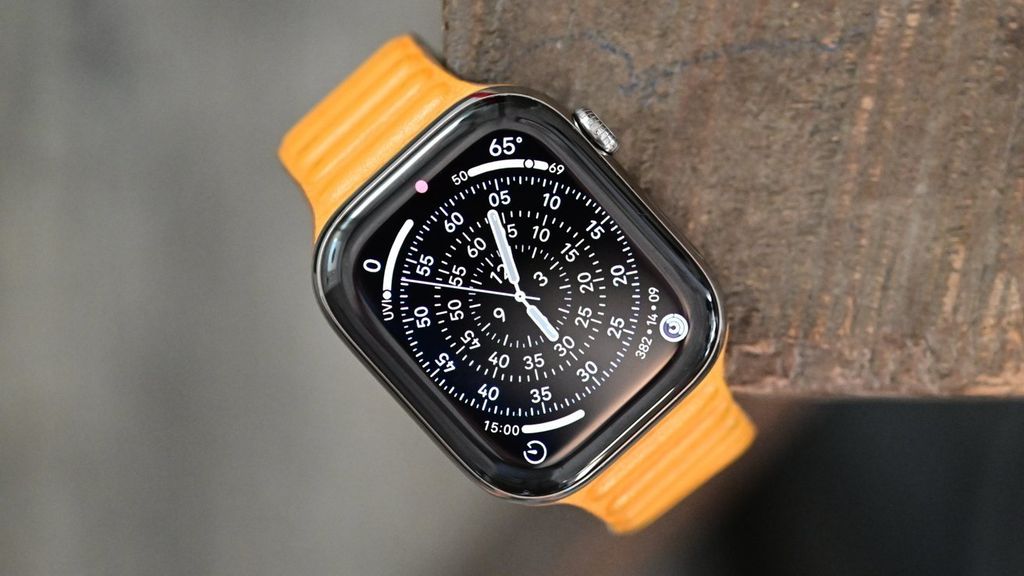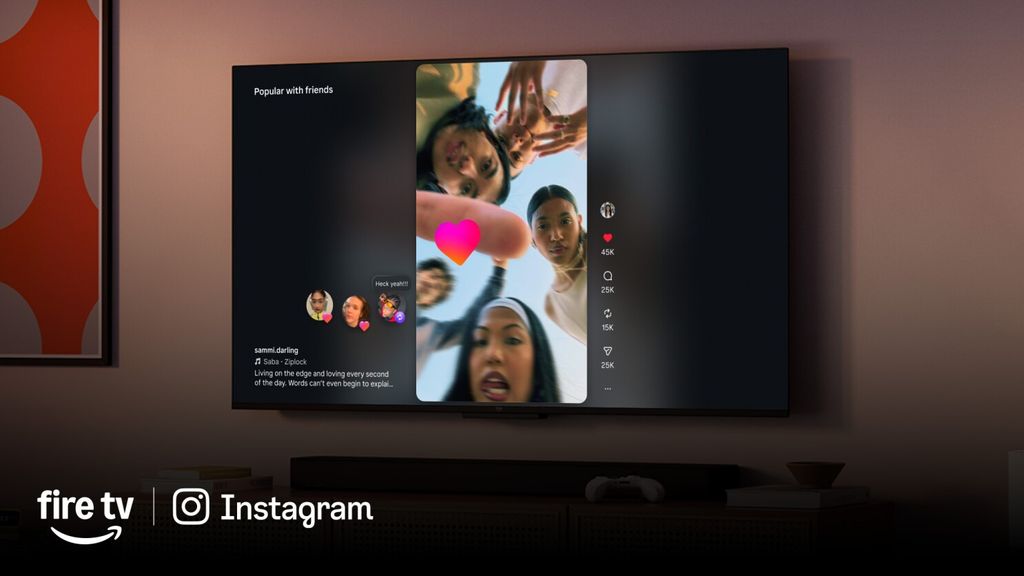
Apple introduces another restriction for users from the European Union. With the update iOS 26.2, the company will disable automatic Wi-Fi synchronization between the iPhone and Apple Watch – a feature that has made life easier for holders of the Apple ecosystem for years.
End of Convenient Synchronization
Until now, when the iPhone connected to a new Wi-Fi network, it provided the login data to the paired Apple Watch. This allowed the watch to use the same connection independently, even when the phone was out of range.
With the implementation of iOS 26.2, this feature will be completely disabled in EU countries. Apple confirmed the decision in the French service Numerama.
Official reason: EU law, not technical limitations
The change is supposed to be a result of adapting to the provisions of the Digital Markets Act (DMA) – a regulation that requires Apple to enhance the interoperability of its devices with products from other companies. According to the regulations, by the end of 2025, Apple should allow access to the hardware features of the iPhone, such as Wi-Fi modules, to accessories outside its own ecosystem.
Instead of opening this access, Apple decided to remove the feature entirely, thus avoiding changes in the system architecture.
What will the effects be for users?
For most people, the change will not be drastic – the Apple Watch will still connect to Wi-Fi when the iPhone is nearby. However, when the phone is out of range, the user will have to manually enter the network password directly on the watch. After that, the data will be saved locally, so the process will only need to be repeated once for each network.
Apple vs. Brussels
The giant from Cupertino has long criticized the DMA regulations, warning that enforced interoperability may jeopardize user privacy and security. According to the company, “data-hungry” entities like Meta are demanding access to sensitive information – including notification content and Wi-Fi connection history.
Apple has already appealed to the EU Court of Justice in Luxembourg, challenging the European Commission's decision from March, which orders the company to open the iOS ecosystem to competing devices, including smartwatches, headphones, and VR headsets.
New regulations, new restrictions
Although Apple explains the change as being about privacy concerns, many users perceive it as another example of how the company circumvents EU regulations instead of adapting to them. As a result, consumers are losing convenient solutions that previously worked flawlessly.
 Katarzyna Petru
Katarzyna Petru













